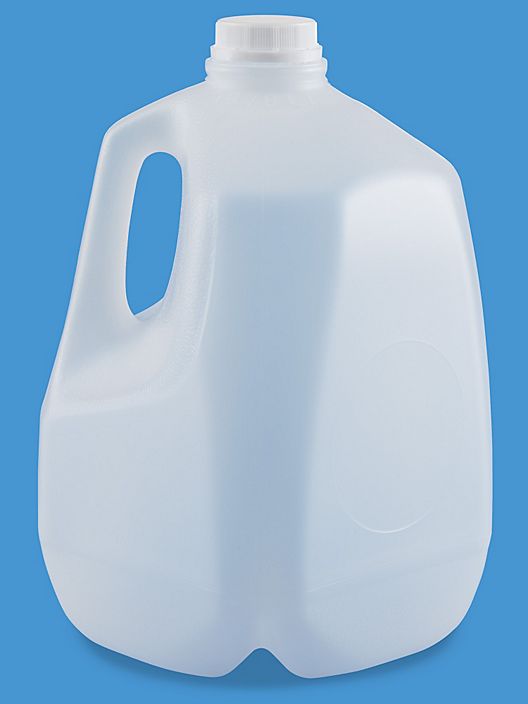By-product water is kind of like an empty milk jug. Here’s what we mean.
In many states, especially in suburbs and cities, you get colored-coded trash cans provided by the city. Often, black is regular trash, green is the grass trimming, brown is for if you have horses (do we have to give the details?), and then there’s the blue can.
The blue can is for recycling. You walk out of your house and you have that empty, plastic milk jug to throw away. Which can do you put it in?
Now, you can throw it in the black trash can and it ends up in the landfill. Or you can put it in the blue can and somebody, somewhere turns it back into another plastic jug, ready for milk.
Same with by-product water. Toss it into the black can and inject it back in the ground or let it evaporate in ponds. Or, put it in the blue can and that somebody, somewhere can turn it into water that you can water crops, manage soil, raise herds, or use it for other conservation applications.
So, you see, the choice is right before us. Are we going to keep throwing away the by-product water? Or recycle it into something beneficial-use?
The solution is ready. Which will you choose?
#BeneficialUseWater #EncoreGreen #Water











